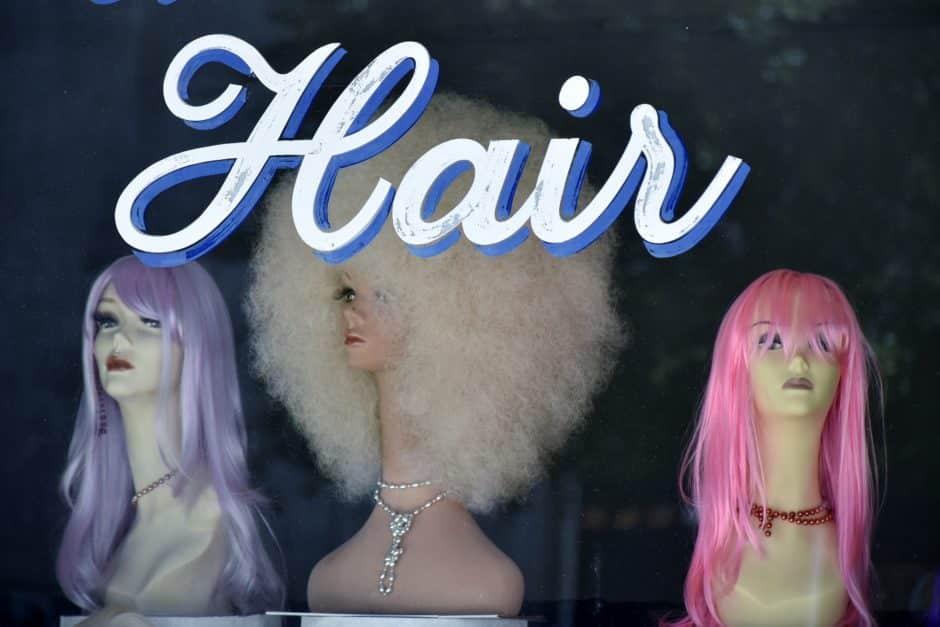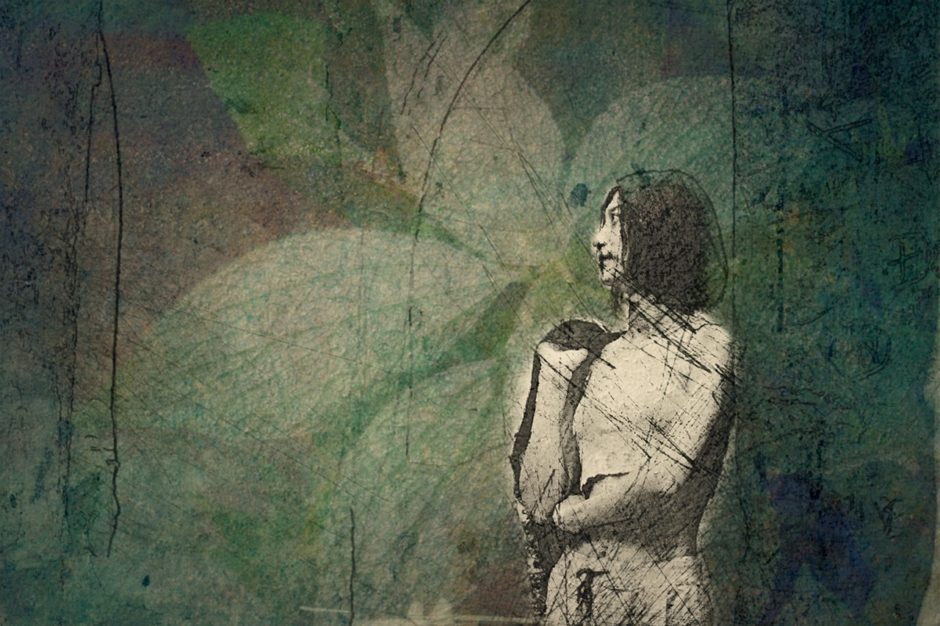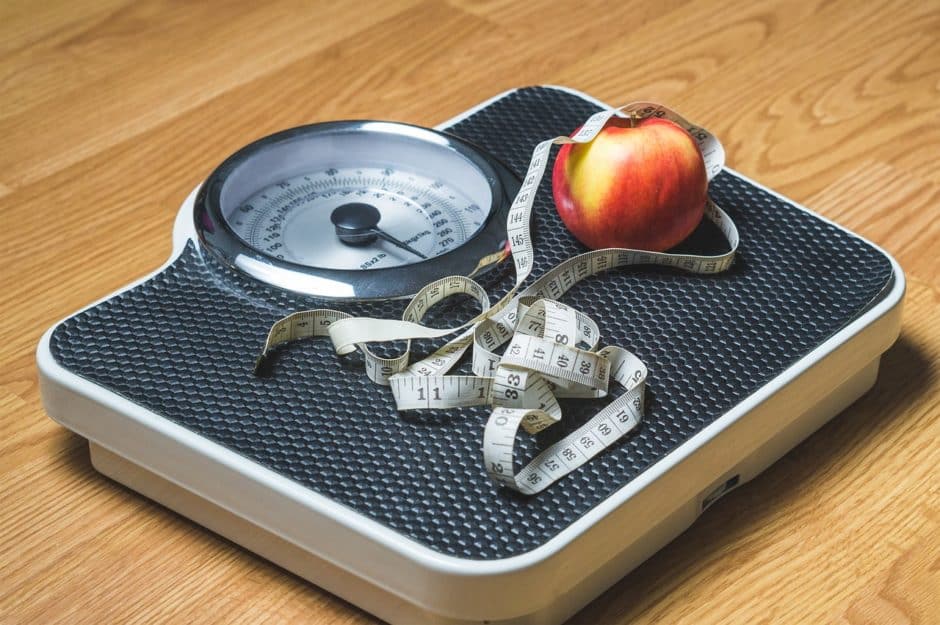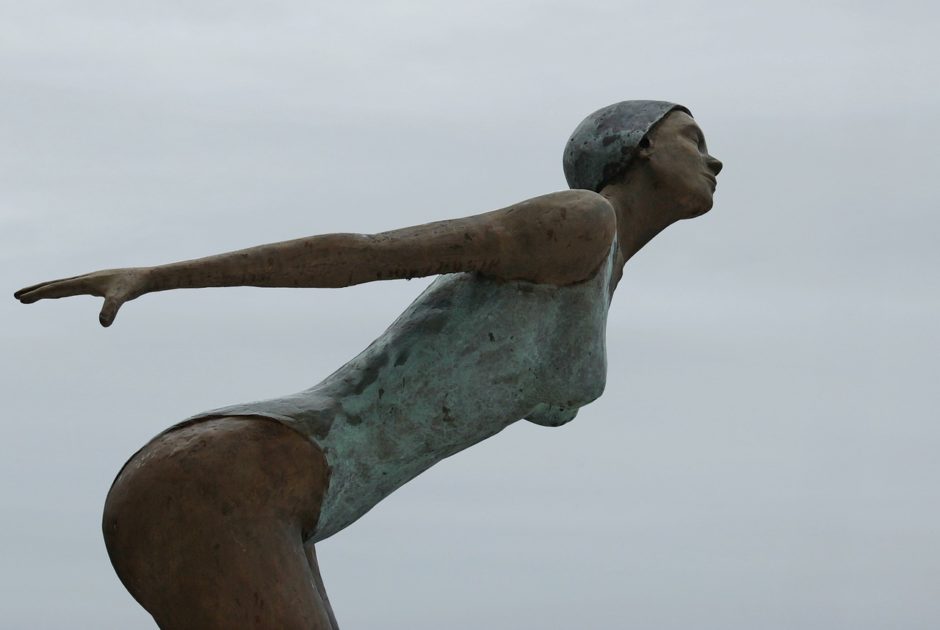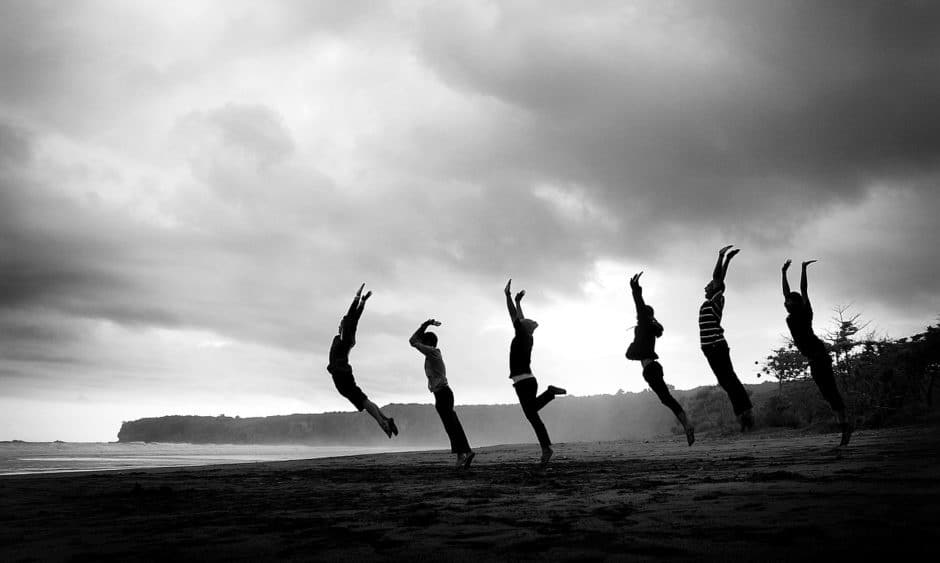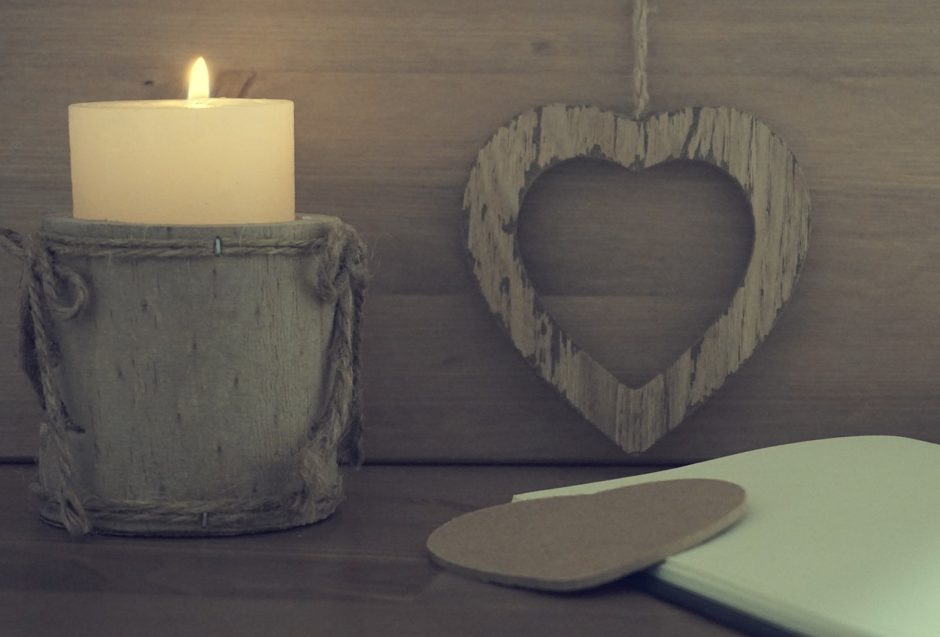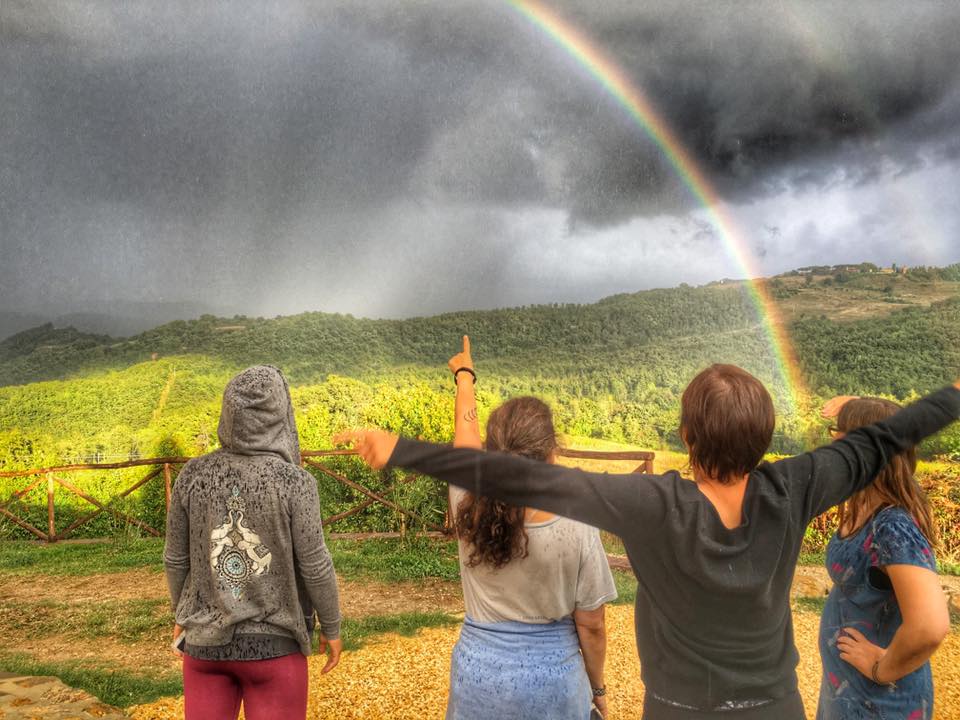By Skye Nicholson
I have always struggled with body image – weight was the major area of concern for me. I have fluctuated up and down in a 50-pound range for most of my life, going through phases of diet and exercise then gradually gaining again as I slipped into complacency or depression. Determining at which precise angle to lift and tilt my head to avoid multiple chin folds in pictures has been a constant priority. Sucking in my soft tummy and pushing out my average-sized boobs as I entered a bar made me feel more desirable. I was always frustrated at the last 10-20 pounds that swarmed about me like annoying gnats.
I won’t say I “hated” my body, but I have found it to be an irritating nuisance for most of my life since puberty.
I remember feeling FAT at 14 because a small roll (of skin, probably) would squish out over my tight stonewashed jeans, preventing me from wearing sexy crop-top sweaters like all the cool girls. Looking at pictures from back then, I see a self-conscious child with a sweet round face. She was not overweight at all, but was weighed down by a look of fearful yearning in her eyes. Like most young girls, she wanted so much to look like the waif-ish overdone models on TV and believed her perfectly-unique self did not measure up.
In junior high we had to wear shorts for gym class – you know, the mandatory Poly-blend uniform shorts that shimmered and chafed. My legs were so white, not like pink-white or beige-white or even cream-white… I’m talking see-through, clear, transparent white. So white that my purple and blue veins shined through like neon ribbons across my shins. And my leg hair that I begged and begged my mom to let me shave in 7th grade was black as coal. So even after I won the tearful battle of the disposable razor, that spotty black stubble would inevitably be growing back in by 6th period gym class. My legs under those blue polyester shorts looked like 2 flabby plucked chickens. (Maybe no one would notice, I would hope every single day in the locker room. But, unfortunately, junior high kids are not known for their kindness and discretion)
It wasn’t until my 30s that I began voluntarily wearing shorts again.
My reflection in the mirror has always been picked over by my critical eye: Is that a pimple? Why are my chin hairs so dark? I wish my freckles would go away. I wish my freckles would come back. Why don’t I have cheekbones? My face is fat. My neck is droopy. My skin is too pale. My skin is too red. Are my eyelashes thinning? I wish I had a thinner waist. My butt isn’t the right shape.
My body was always a thing I had to deal with because, well, it was where I lived every day.
There were times when I would join Weight Watchers and start working out, and I would feel good for a while. But again, it was all tied to my size and shape: numbers on a scale or not having to stretch my neck quite as far to reduce the amount of chins, etc.
I don’t know if I ever looked at my body and felt LOVE for it.
By the time I decided to quit drinking for good I had been on Weight Watchers for about 5 months and lost 20 pounds or so. I had been tracking my points pretty regularly, but I didn’t ever count the points from the 8 vodka tonics at the bar or 4 bottles of wine at home. I couldn’t face the shame, and so those calories didn’t exist to me.
I started being very honest with my point counting once I decided to get sober. It was a good motivator and a necessary distraction from drinking. If I could get through this ONE DAY without adding any alcohol points to my tracker, then I was winning. And try to do the same thing the next day.
I went and got my old gym membership back. My sober friend Ed said that when he first quit drinking he would go for a run anytime he felt a craving sneak up. Then he would be too tired and too legitimately thirsty to want alcohol. And of course, when you start exercising you release endorphins, and you tend feel a little better about yourself when you are done. Therefore, less likely to hide from life and seek out poison.
I have done much damage to my physical self over 25+ years of heavy drinking. I could feel the aches and pains, the difficulty breathing, the red skin, the digestive problems, sleep problems, etc. I hobbled and wheezed through my first few weeks at the gym. Getting myself there was worth a fucking medal in itself. I was sweating my ass off and watching my heartrate go through the roof as I flailed around on the elliptical, trying to get my arms and legs to sync up.
But soon I began to be in touch with my body in a different way than ever before. I started meditating by listening to short guided clips on YouTube, and for the first time in my life I could actually connect with the energy inside my body.
When I was about 3 weeks into sobriety, I went to a Breathwork session. I had never heard of it before and I had no idea what I was getting into, but something was pulling me there. I knew this was something I had to do.
In the Breathwork session, we used our own deep breathing to shift our minds into a state of open clarity. I had the sensation that I was observing my body from outside. As the practitioner moved her hands across trigger points, I began to feel pent-up rage and pain and sadness release through me. As she reached my liver I started sobbing, deep convulsing wails of grief and guilt. I cried for what seemed like hours. In my head I kept repeating “I’m sorry I’m sorry I’m sorry” on a loop as I connected with my body in unconditional love.
That experience opened up a relationship with my body that had been silent for decades. I began to fall back in love with my being. I felt a glimpse of the way little kids must feel when they find comfort and awe in their own skin.
I practice yoga regularly now, and many times I am moved to tears as I stretch through the poses. It is my body sharing with me emotions that have surfaced, some good and some difficult. I always feel waves of love for myself when this happens; like my body and I are no longer on opposing teams, but partners in this life.
It is this relatively new loving relationship with my body that gets me back on track when I inevitably stuff myself with Chinese food and feel bloated and weak the next day, or skip 2 weeks of exercise because of sick kids, or get frustrated that my favorite jeans are tight, or feel that familiar tug to go out to the bars for (just one) night.
There are times when I get fed up with my body and still catch myself throwing shade at my reflection. But I can’t get mad at my gray hairs or my turkey neck or my wrinkled brow or my tummy roll. My body is not aging to spite me. It’s just biology and entropy.
I am not defined by the imperfect details of my appearance. I depend on the health of my organs to keep me going so that I can pack lunches and remember where everyone left their shoes and buy cat food and listen to my daughter sing the shark song for the nine-hundredth time and be a loving spouse. I can’t do those things without my organs being on board for all this responsibility; and they can’t function without me giving them healthy stuff most of the time, like yoga and kombucha and cucumbers.
Skye Nicholson rediscovered her love of writing after she had been sober for 2 years. She is currently a Stay-At-Home mom living in Indiana with her husband and 2 kids. Skye posts on her blog www.wakinguprazzledazzle.com under the pseudonym Vixen Lea.
Anti-racist resources, because silence is not an option.
~~~~~~~~~~~~~~~~~~~~
Upcoming events with Jen
~~~~~~~~~~~~~~~~~~~~
THE ALEKSANDER SCHOLARSHIP FUND



